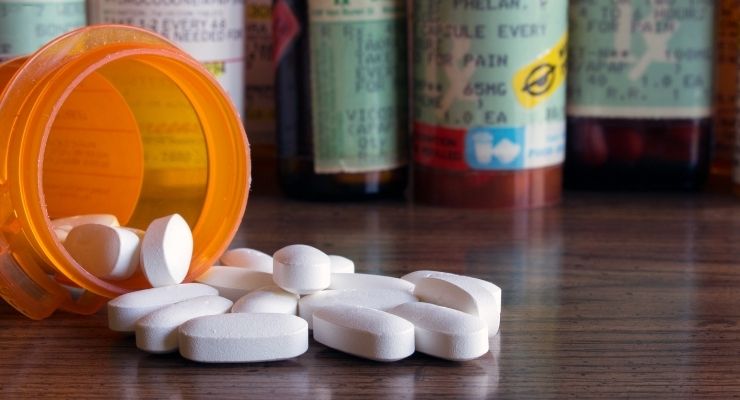

Every day, an average of three people per hour die of opioid overdoses. Drug abuse and addiction affect human beings worldwide, but the rural US has taken an especially hard hit. How did we get here? Prescription painkillers, heroin, and fentanyl are highly addictive substances that don’t discriminate between urbanites and rural folks. Let’s look at some of the effects of the opioid epidemic in rural America.
There’s already an issue with access to healthcare in this country. It’s hard when health insurance is tied to your job; the recessions and the pandemic have left people all over the country without work. It’s especially tricky when it takes longer for people in rural areas to get to a hospital. When resources are already stretched thin in helping people beat opioid addictions, there aren’t as many doctors left to treat you when you get bronchitis or break your arm.
Tied into the above sentiments, when a person has to travel a long distance just to get to a specialist or rehab facility, they’re more likely to relapse. Big cities have more resources that are much closer together, so rehab is often only a short jaunt away. But if the nearest rehab facility is over an hour away, it’s more tempting to continue using opioids after a relapse.
The rural US is home to many dangerous jobs—farming, mining, manufacturing—with an increased risk of serious injury. Wherever there’s a high concentration of workers getting injured, there will be a higher amount of painkillers available. And when some folks are strapped for cash, selling their leftover pills becomes a lucrative side hustle. Addictive drugs thrive in areas where people are struggling and in pain.
In the past decade, the rate of fatal overdoses in the rural US has skyrocketed. The introduction of fentanyl in particular has had a deadly effect. Drug companies released it en masse without warning the public about how addictive it is. Fentanyl is a newer medication, so a lot of people don’t know how to dose properly, and it’s dangerously easy to overdose when using a patch. And of course, when the nearest hospital is several miles away, it’s harder to save someone’s life when they’ve overdosed.
Small towns have seen deadly spikes in opioid addictions and overdoses over the past ten years. This part of the country is home to many dangerous jobs in spread-out areas, with limited access to healthcare and hospitals. The effects of the opioid epidemic on rural America have been fatal to thousands of people; we can’t stop talking about it until we find solutions.
Additional Resources:
Cannabis
Kratom
Florida
Texas
Rhode Island
Mastering even small details builds trust and showcases your commitment to excellence, making attention to…
Adding a few statement pieces to your wardrobe will give you the chance to play…
A lot of the time, renting an excavator is a cheaper option for building and…
Craft a nurturing nursery with DIY projects and clever storage tips while preparing your heart…
Discover how paid surveys work, if they're legitimate, tips for success, and realistic earnings expectations.…
Making your business ADA-compliant is much simpler than you realize and it’s also nonnegotiable, including…